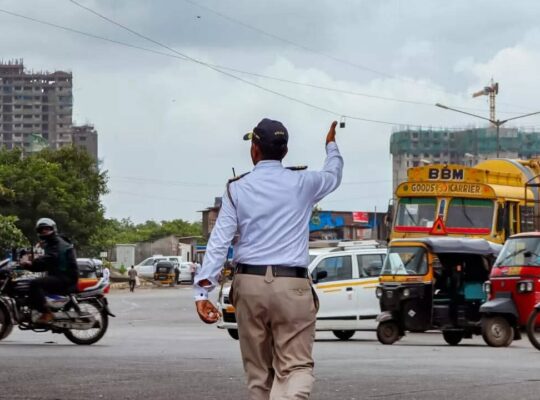In a bid to safeguard Mumbai’s critical water bodies, Mumbai Suburban Guardian Minister Ashish Shelar has directed the Brihanmumbai Municipal Corporation (BMC) to formulate and submit a three-month action plan for the desilting of Powai, Tulsi, and Vihar lakes. The directive was issued during a high-level meeting held at Mantralaya, which was chaired by Shelar and attended by BMC Additional Commissioner Abhijit Bangar, Sanjay Gandhi National Park Conservator Anita Patil, and other senior officials.
This move comes amid growing environmental concerns, particularly after Powai Lake overflowed in June—an unusually early occurrence compared to its typical July timeline. Officials fear the premature overflow signals delays in routine maintenance, especially desilting. While authorities acknowledged the urgency of removing silt, they highlighted a larger logistical hurdle: the safe transportation and disposal of the extracted silt without damaging aquatic life or surrounding ecosystems.
Commissioner Bangar informed the gathering that the BMC has floated two tenders to curb sewage discharge into Powai Lake, with one already underway. An environmental study conducted by NGO MERI has also shed light on the lake’s alarming pollution levels. Currently, around 18 million litres of untreated sewage flow into Powai Lake every day. In response, the civic body is working on diverting sewage lines and establishing a sewage treatment plant (STP) as part of its long-term environmental strategy.
Tulsi Lake was also a point of discussion, with SGNP officials agreeing to provide nearby land to deposit silt. Similar plans are in motion for Vihar Lake, which is expected to undergo desilting soon.
Minister Shelar stressed the need for a comprehensive study on the transportation and storage of silt, and also urged the BMC to explore funding support through Corporate Social Responsibility (CSR) initiatives. He emphasized that timely and efficient desilting is essential not just for water storage capacity, but also for the ecological health of the lakes and the communities that rely on them.
The directive signals a more proactive stance on urban water body management, aiming to blend infrastructure planning with ecological responsibility as Mumbai braces for a heavy monsoon season.











